Our methodologies
Our methodologies
Always assessing and taking into consideration the needs of our clients as well as the requirements and nature of their projects, we offer a tailored approach to their needs that can include:
- Face-to-face, online and telephone support
- Allocated staff member who is always supervised by the RJ4All Founder and Director Professor Dr. Theo Gavrielides
- Qualitative and quantitative based fieldwork (using tools such as focus groups, interviews, observation, questionnaires and surveys)
- Quantitative evaluation using control or comparison groups to demonstrate causality
- Report and Executive Summary with evidence-based recommendations for improved practices at the individual, practice and strategic levels
- Opportunity for a wider circulation and publication through our publishing networks including peer reviewed report of publishable standard and quality reviewed.
We use tools such as the Theory of Change (ToC) and the Nesta Standards of Evidence. We do so by aligning them with high academic standards and thus we have a standing, independent and international Academic Board that supports and reviews our work.
Through the ToC, we help social ventures to identify the building blocks required to bring about their long-term goals (inputs - outputs - outcomes) and measure them through appropriate methods such as: evaluation of specific outputs through self-completion questionnaires (e.g. events, volunteering opportunities, training), readers' surveys, pre and post surveys and regular interval surveying, online and face-to-face repeat surveys (e.g for offender or victim support programmes), collecting users' narratives (esp. for interventions), carry out cohort/ panel studies.
Depending on the NESTA level that the venture is or aspires to progress to, we will help them
collect data that will isolate the impact of their services and validate their findings externally.
Here, we use control groups, future scenario analysis, data on costs, multiple replication
evaluations and fidelity evaluation. At Level 5, demonstrable evidence that their services'
positive impact is scalable and Kitemarks are pursued.
Restorative Justice for All International Institute (RJ4All)
The RJ4All Rotherhithe Community Centre, 30 Plough Way London SE16 2LJ, UK
admin@rj4all.org | +44(0)7708758600 or 07795678904
Company CIC no : 08684719
| D-U-N-S: 219626583 | Ebay charity ID 125844 | CPD Membership no: 12186 | Paypal Giving Fund number: 1138175 | EC ID: E10008173 | EuropeAid ID: GB-2019-AKO-0605322022 |
European PIC:
941867673 | Ariba Commerce Cloud no: AN11181340179 | UKPRN: 10093192 | GLA Open Project System ID: 13678
